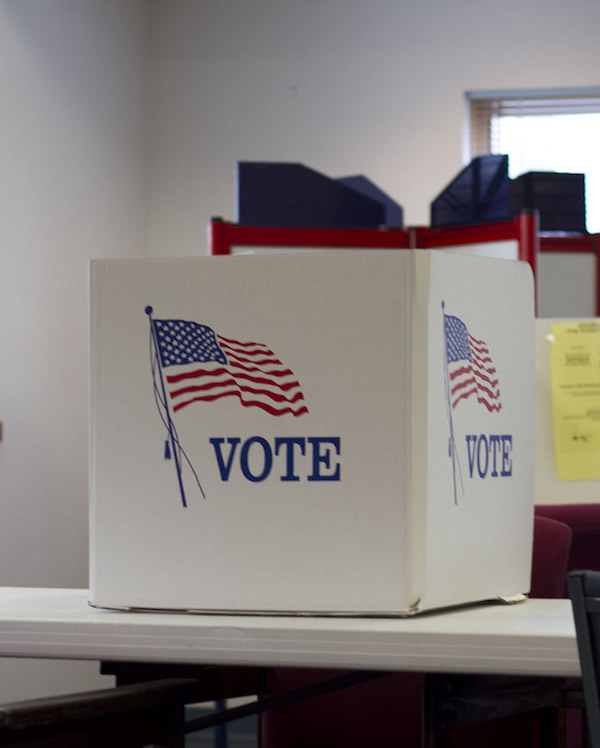Two Asian Pacific American organizations are setting up in-language hotlines for Asian American voters in the week leading up to the presidential election.
The Asian American Press reports that volunteers with Asian Americans Advancing Justice (AAAJ) and Asian Pacific Islander American Vote (APIAVote) will be available from now until Election Day on Nov. 8 to help AAPI voters in eight languages: English, Mandarin, Cantonese, Korean, Vietnamese, Bengali, Urdu, Hindi and Tagalog.
The workers will be there to help those with questions about voting, such as where to find a polling place and to learn about voter ID requirement.
According to the statement, new voting restrictions in 14 states have had a significant impact on minority voters, so the groups took to action as they believe it is essential that voters who have historically faced discrimination at the polls are able to fulfill their civic duties without language barriers or fears of intimidation.
“Every eligible voter in the United States should be able to cast a ballot and participate in our democracy,” said Mee Moua, executive director and president of AAAJ. “As Asian Americans continue to grow in population, and turn out to vote, we must do everything we can to support their participation and make visible their political impact.”
Asian Americans face a number of challenges in term of voting, including lack of access to resources, discriminatory voting laws, language barriers and unfamiliarity with the process and the political candidates. Polling information from 2012 found that the number of voters not proficient in English was 9 percent less than those who were.
“This election hotline not only provides AAPI voters essential in-language assistance, but it also ensures that all voters, regardless of proficiency in English, will have equitable access to the ballot box,” said Christine Chen, executive director of APIAVote.
APIAVote has also launched in-language voting resources online in Chinese, Korean, Tagalog and Vietnamese.









